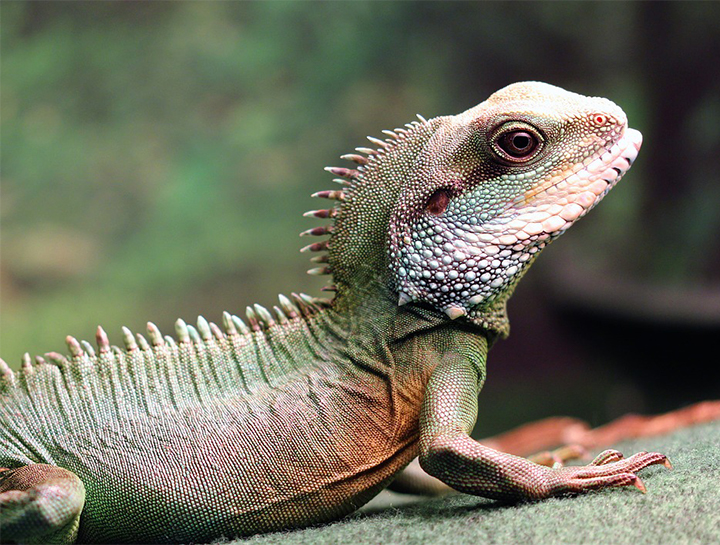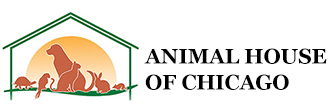Exotic Pet Cold Weather Tips

Despite the fact that your exotic pets are kept indoors, there are still some key concepts to keep in mind when winter and its inclement weather begins.
1. Taking your animal outside in the cold (i.e. a trip to the veterinarian) does not mean that the animal will “catch a cold”, yet one needs to take proper precautions. This includes sheltering your pet from the elements—wind, rain, and snow. It is smart to warm up your car before transporting your pet. Also, plan ahead if you intend to make any stops along the way and leave your pet in the car - treat your pet as you would a newborn infant.
2. Birds can be bathed indoors during the winter. If it is not too stressful an experience for the bird, it can be bathed frequently even in winter. The accepted method of bathing your bird (i.e. misting, spraying, showers, etc) should be done early in the day to allow full drying. Allow your bird to dry off in the bathroom before moving him or her back to a cooler room. Hairdryers can be used on a low setting only if they are safe and do not scare the bird.
3. Transport reptiles in a warmed container, such as a ventilated cooler, that is kept in the desired temperature zone for the animal. Reptiles rely on their environment to determine body temperature.
4. When housing reptiles at home, remember that as the house temperature drops in the winter, one must assess and perhaps adjust their heat sources accordingly. The most important part of your heating and set-up is a good quality digital thermometer. Place the thermometer where the reptile will be and measure the warm and cool ends of the cages as well as the temperature at night. If these temperatures fall outside of recommended ranges, then provide a supplemental radiant heat source (i.e. a lamp – NOT a hot rock or heating pad).
** Hibernation is not recommended for any reptile without a veterinary consultation first. Many pets die every year from incorrect hibernating techniques. We at Animal House recommend check-ups and blood work done before and after hibernating.5. Ultraviolet light is extremely important for reptiles. We recommend fluorescent Reptisun or incandescent PowerSun from ZooMed®. These lights need to shine directly on the reptile with no glass or plexiglass between the light and the reptile. Once set up, one needs to again check the temperatures as some of these lights can produce a lot of heat and potentially cause thermal injury if the temperature gets too high. Current recommendations also find the former bulb needs to be within 16 inches of the animal, while the second bulb should be about 24 inches away from the reptile. Both should be kept on for 12 hours and off for 12 hours. Make sure the bulb is changed every six months.
6. Christmas trees and holiday treats are not good for any pet. Chocolate, alcohol, carbonated beverages, caffeine, high sugar, high salt, and high fat food are all harmful to most pets.
7. Watch closely that birds, ferrets, rabbits and other small mammals do not chew on electrical cords or Holiday Decorations. These items can be extremely dangerous for pets.
8. Along with smoke from candles, cigarettes and incense, carbon monoxide poisoning is also a risk for all pets. Make sure carbon monoxide detectors are functioning to protect you and your pets.
